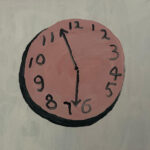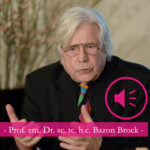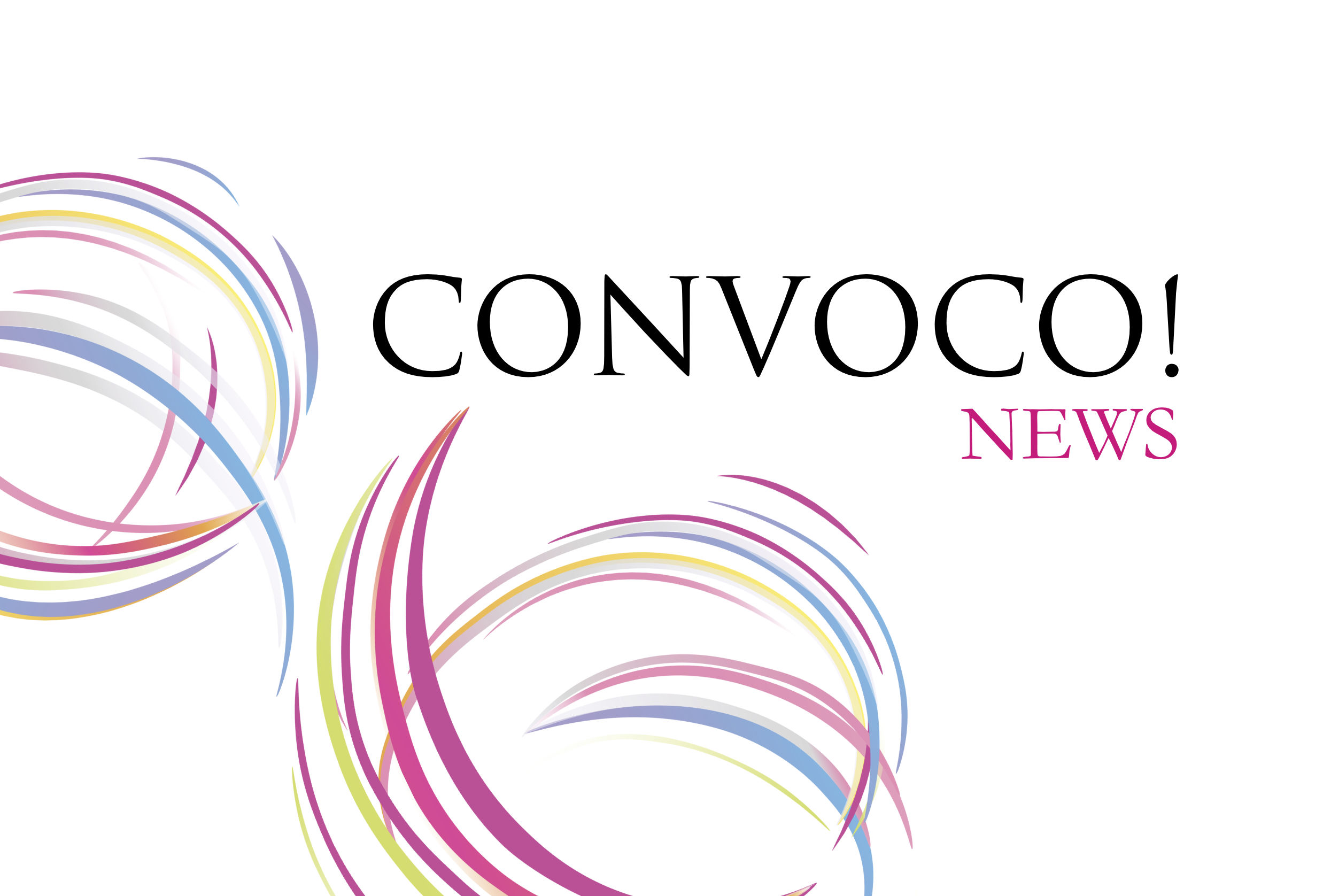You’ve probably already noticed – since the beginning of the year, the final question for all our guests on the Convoco Podcast is:
Which moment marked the start of the 21st century for you?
Most people agree that the world of the 21st century is fundamentally different from that of the 20th century. But when did this change become apparent? At the end of the Cold War? With the terrorist attacks of September 11? During the financial crisis or perhaps the pandemic? The guests of the Convoco Podcast share their personal views and experiences with us.

For me, the 21st century began in the early 1990s with the armed conflicts in Croatia and Bosnia, i.e. in the former Yugoslavia. I realized then that the end of the Cold War marked the beginning of a new era and that nationalist conflicts and the disintegration of states would become an important issue. I didn’t expect nationalism and the idea of national identity to make such terrifying advances over the following 30 years. But for me, this experience of war in the midst of Europe marked the beginning of the 21st century and made me realize once again how thin the veneer of civilization is.
Ottmar Edenhofer is the director of the Potsdam Institute for Climate Impact Research.

Emily Haber: For me, the 21st century began with the fall of the Berlin Wall, because the end of the Wall and the implosion of the East–West divide opened the door for the development of a completely new world. And these tectonic shifts are continuing. They began with the unilateral supremacy of a sole superpower, the USA, and they are now going through a phase in which the balance of power—and the significance of international rules—is being reconfigured.
Emily Haber was German Ambassador to the USA in 2018-2023.

I think we fell into the 21st century quite abruptly on September 11, 2001. I was in my first job as an assistant professor at Yale University in New Haven. New Haven is pretty close to New York, so there is a personal dimension to what happened on 9/11. But it was also quickly clear, that the status quo that we had reached in the world at the end of the 20th century wouldn’t last.
The world was dominated by the United States, the last superpower left standing after the collapse of the Soviet Union. China was a far cry from what it is today. American exceptionalism—the idea that the US was a special nation with obligations towards global politics and people around the world—was a big idea around 2000. But on September 11, 2001 we saw resistance to this Pax Americana. We saw resistance striking the remaining superpower at the heart of its operations. And then, of course, we saw the terrible reactions to it, the horrible leadership failures on the part of the US. It was clear in late 2001 that a new chapter in the world had started. And I think that is very much the world that we still live in.
Mathias Risse is Director of the Carr Center for Human Rights Policy at Harvard Kennedy School.

It began on September 10, 2001. My wife, Sandra, and I were at that point co-masters of Mather House, one of the residential houses at Harvard. We had about 400 students living in and around us nine months of the year. We routinely took our rising sophomores, the second-year students, on an excursion at the beginning of their first year in the house. We did that in 2001 on September 10. We went to a resort area outside of Boston. It was a perfect New England day. Sunny, a little cool, everyone had a terrific time. I really had the sense that we were beginning to forge a new community with people who would ideally think back on their time with us as a great time. That was September 10. September 11, of course, looked very different. This juxtaposition summarizes where we are in this century so far. I say that with some regret, but at the same time with some hope, because we did have that day. I remember it and I would like to believe others do too.
Leigh Hafrey is Senior Lecturer for Communication and Ethics at MIT Sloan School of Management.

The 21st century began in fact for me on January 1, 2000, because I was stuck in Brazil. Hardly anyone remembers the fear that it wasn’t safe to fly at that time because the computers might not be working. I was traveling back from a deep-sea expedition in Uruguay and all the planes were grounded. And because I didn’t have a visa for Brazil, I was really stuck in São Paulo for a few days.
So this new millennium began for me with the realization that we humans are sometimes very clever, but are easily caught out by simple things. Was nobody really thinking about whether computers would realize that the year was no longer 19XX but 2000? … I think it’s important to ask ourselves at all times: what do we not know, and should we remember to show some humility because of that?
Antje Boetius is Director of the Alfred Wegener Institute for Polar and Marine Research.

In real political terms, the 21st century began with the fact that no Englishman—until the 20th century still claiming to be a world power—made a peep when the Hong Kong Treaty, which was supposed to guarantee the future development of Hong Kong as autonomous and independent from China until 2048, was revoked without further ado. It began when Crimea was seized without anyone putting up a fight. It began when it was passively accepted that certain conquests, Tibet by the Chinese for example, would not generate any reaction on the world stage. In other words, the 21st century begins at that moment when the decisive factor was no longer binding law—whether natural or man-made—but the race to criminally evade, lie, destroy, and subvert.
Bazon Brock is a thinker in service of the Denkerei Berlin and professor emeritus at the Chair of Aesthetics and Cultural Mediation at the University of Wuppertal.


